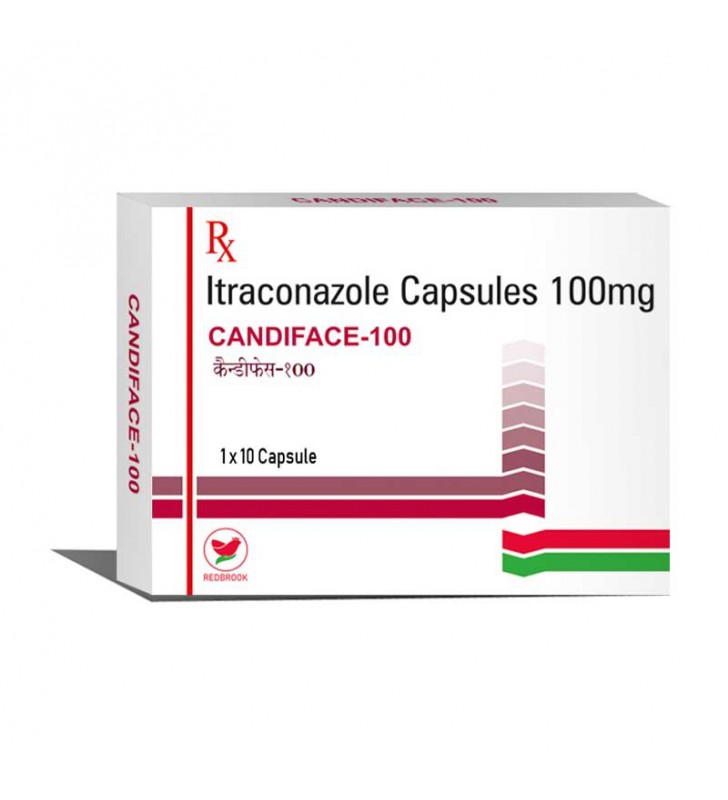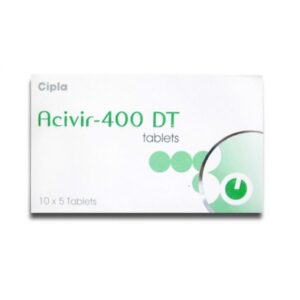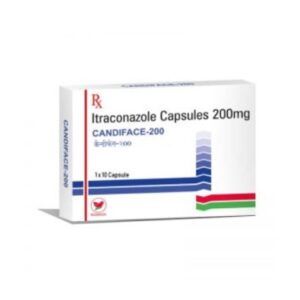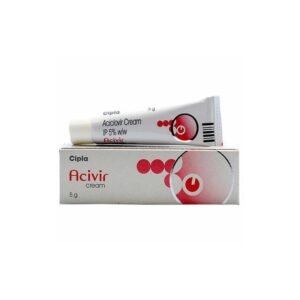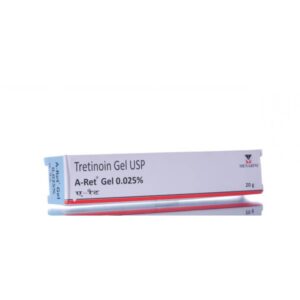Description
Itraconazole (Candiface 100) 100 mg capsules is a drug used for the treatment of fungal infections for both healthy and immunocompromised patients. It offers relief from symptoms caused by the infection such as itchiness and speeds up the healing process. Each capsule contains 100 mg of Itraconazole as its active ingredient.
Drug = Itraconazole
Strength = 100 mg
Contains 10 tablets
How to take
Itraconazole is available in three preparations: tablet, capsule (conventional or pulse-release form), and oral solution.
Both the tablet, conventional capsule or pulse-release capsule, is taken immediately after a meal. It is best to swallow it whole. Do not divide, chew, crush or break the tablet or capsule.
It should be taken at the same time each day.
Take Itraconazole tablet under the doctors’ supervision or based on the instructions in the package insert. Do not take more than the prescribed number of tablets.
Discontinue use if there are side effects or if recommended by the physician.
Dosage of Itraconazole (Candiface 100) 100 mg Capsules
Nail fungal infections:
Adult: As cap: 200 mg once daily for a period of 3 months.
As pulse treatment: 200 mg twice a day for seven days, may repeat another course of treatment for fingernail infection and 2 treatment cycles for toenail infection. There should be a period of 21 days drug free interval.
Pityriasis Versicolor:
Adult: As cap: 200 mg once daily for seven days.
Primary or secondary prophylaxis of infections in neutropenic or AIDS patients:
Adult: As cap: 200 mg daily, may increase to 200 mg twice a day if necessary.
Tinea corporis, Tinea cruris:
Adult: As cap: 100 mg once daily for 15 days or 200 mg once daily for seven days.
Oropharyngeal candidiasis:
Adult: As cap: 100 mg once daily for 15 days. In patients with AIDS or neutropenia: 200 mg once daily for 15 days.
Systemic fungal infections:
Adult: As cap: 100-200 mg once daily, may increase to 200 mg twice a day for invasive or disseminated infections. In life-threatening infections: As cap: Loading dose: 200 mg three times a day for three days.
Tinea manuum, Tinea pedis:
Adult: As cap: 100 mg once daily for 30 days. As pulse treatment: 200 mg twice a day for seven days.
Vulvovaginal candidiasis:
Adult: As cap: 200 mg for 2 doses only
Missed Dose of Itraconazole (Candiface 100) 100 mg Capsules
Take the tablet as soon as you remember. In some cases wherein the missed dose is taken several minutes before taking the daily dose, DO NOT take the additional capsule. NOTE that the prescribed timing must be followed at all times.
Continue taking the drug the next day as scheduled.
Do not double the dose under any circumstances.
Overdose of Itraconazole (Candiface 100) 100 mg Capsules
If you have taken Itraconazole more than the usual dose. Seek medical help immediately.
Contraindications
People with any of the following conditions should not take Itraconazole:
- Hypersensitivity to any of its component
- History of congestive heart failure
- Pregnant (unless with a life threatening infection)
Side Effects
Itraconazole may have any of the following side effects:
- Heart failure
- Pulmonary edema
- Neuropathy
- Transient or permanent hearing loss
- Transient asymptomatic decrease of left ventricular ejection fraction (LVEF)
- Hepatotoxicity
- Hypersensitivity reactions
- Granulocytopenia
- Leukopenia
- Thrombocytopenia
- Chest pain
- Tachycardia
- Tinnitus (ringing of ears)
- Visual disturbances (blurring or doubling of vision)
- Nausea
- Abdominal pain
- Vomiting
- Dyspepsia
- Change in bowel habits(diarrhea or constipation)
- Abnormal collection of fluid either on the legs or on the face
- Body weakness
- Fever
- Yellowish discoloration of the sclera, palms and skin
- Itchiness all over the body
- Elevated liver enzymes
- Increased serum creatine phosphokinase
- Numbness and tingling of the extremities
- Elevated triglyceride levels
- Muscle and joint pains
- Headache
- Dizziness
- Altered sense of taste
- Bladder incontinence
- Irregularities in menstrual cycle or flow
- Erectile dysfunction
- Difficulty of breathing with or without cough
- Stuffy or runny nose
- Sensitivity to light
- Bald patches on the scalp area, otherwise known as alopecia
- Abnormalities in the blood pressure (either too high or too low)
Potentially Fatal:
- Acute liver failure (rare)
Warnings
Do not take Itraconazole with the following medicines:
- Antiepileptic drugs (Carbamazepine, phenobarbital, phenytoin)
- Antituberculosis drugs (Isoniazid, rifabutin, rifampicin)
- Antiretroviral drugs (Nevirapine, efavirenz, indinavir, ritonavir, telaprevir,saquinavir)
- Drugs that act to reduce gastric acid secretion (proton pump inhibitors, antacids, H2 receptor antagonists)
- Antibiotics (Erythromycin, Clarithromycin,Ciprofloxacin)
- Anti arrhythmic drugs (Digoxin, verapamil)
- Antihistamines (Bilastine)
- Drugs that prevent anxiety attacks ( midazolam,alprazolam,buspirone)
- Drugs that lower blood sugar levels (repaglinide)
- Analgesics (meloxicam,oxycodone)
- Drugs that prevent erectile dysfunction(bosentan,sildenafil,tadalafil)
- Drugs that prevent blood clot formation (apixaban, coumadin,cilostazol)
Potentially may have fatal effects when taken with any of the following:
- Astemizole
- Bepridil
- Cisapride
- Disopyramide
- Dofetilide
- Dronedarone
- Felodipine
- Halofantrine
- Lercanidipine
- Levacetylmethadol
- Mizolastine
- Nisoldipine
- Pimozide
- Quinidine
- Sertindole
- Terfenadine
- Dihydroergotamine
- Ergometrine
- Simvastatin
- Lovastatin
- Triazolam
- Midazolam (oral)
- Lurasidone
- Irinotecan
- Eplerenone
- Ranolazine
- Colchicine
Inform your doctor or pharmacist if you are taking any other medications such as herbal food supplements and over the counter medications.
This list does not include all medicines that may interact with Itraconazole.
How Does It Work?
Itraconazole inhibits the cytochrome P-450 enzyme and decreases the ergosterol biosynthesis resulting in the inability of the fungus to produce a cell membrane to protect themselves. Ergosterol is an important component of the fungal cell membrane and its deficiency will cause an increase in cellular permeability causing the drug to cross freely and exert its effect.
Uses
Itraconazole is used to treat the following conditions:
- Candidiasis (esophageal, oral, oropharyngeal, vulvovaginal)
- Prophylaxis of fungal infections in immunocompromised patients
- Pityriasis Versicolor
- Tinea corporis
- Tinea cruris
- Nail fungal infections
- Systemic fungal infections
- Prophylaxis of infections in neutropenic or AIDS patients
Special Precautions and Warnings
Patients with any of the following conditions:
- Ischemic or valvular heart disease
- Undiagnosed swelling of the extremities or the facial area
- Chronic obstructive pulmonary disease (COPD)
- Achlorhydria
- Cystic fibrosis
- Decreased white blood cell counts
- Acquired immunodeficiency syndrome (AIDS)
- Organ transplant patients
- Renal and hepatic impairment
- Elderly
- Pregnancy and lactating women (except for those with life-threatening infection)
Storage Conditions
- Both the capsule and the tablet are to be stored in temperatures between 15-25°C away from direct sunlight
- Store in a cool, dry place away from the reach of children.
- Do not use Itraconazole after the date indicated on the packaging.


